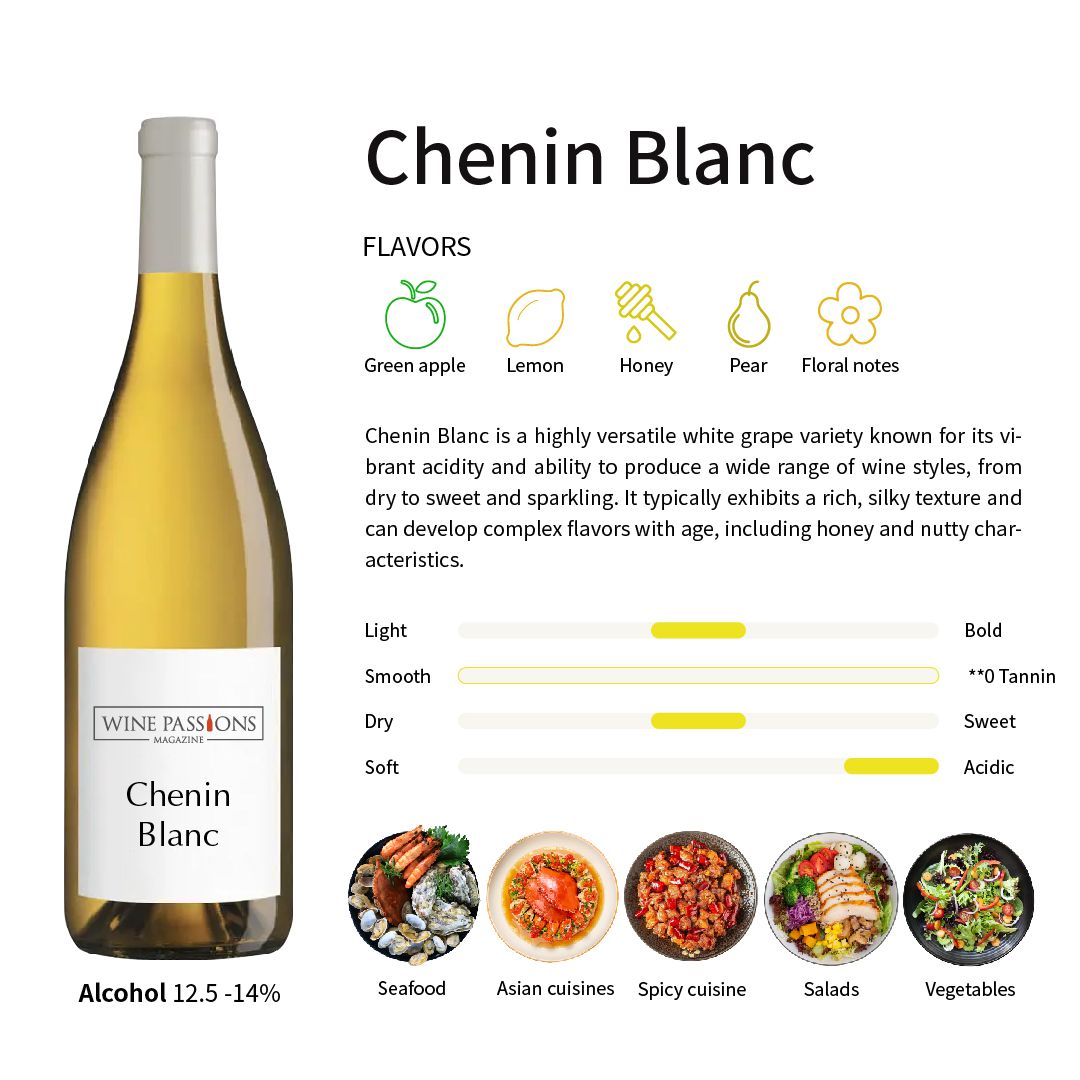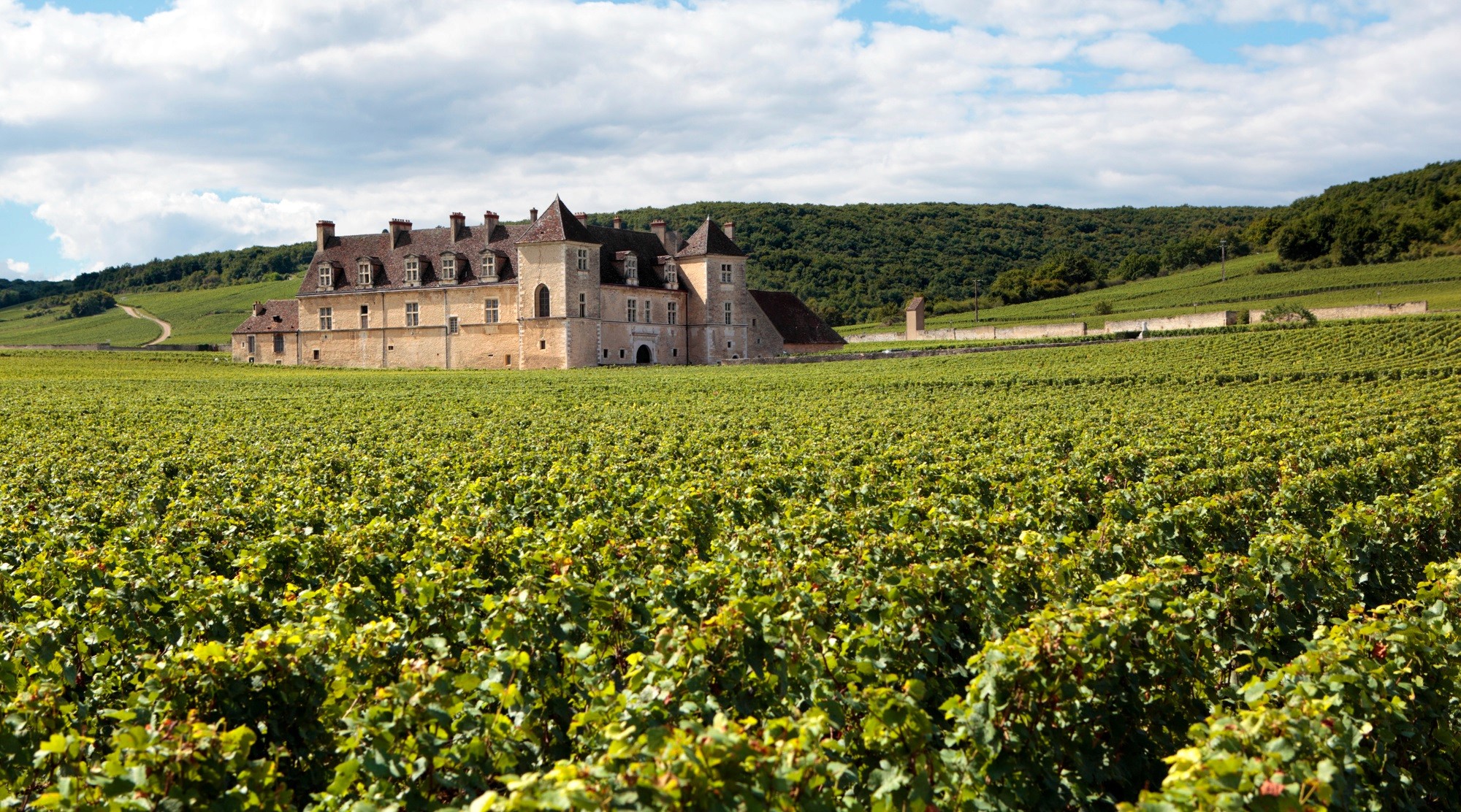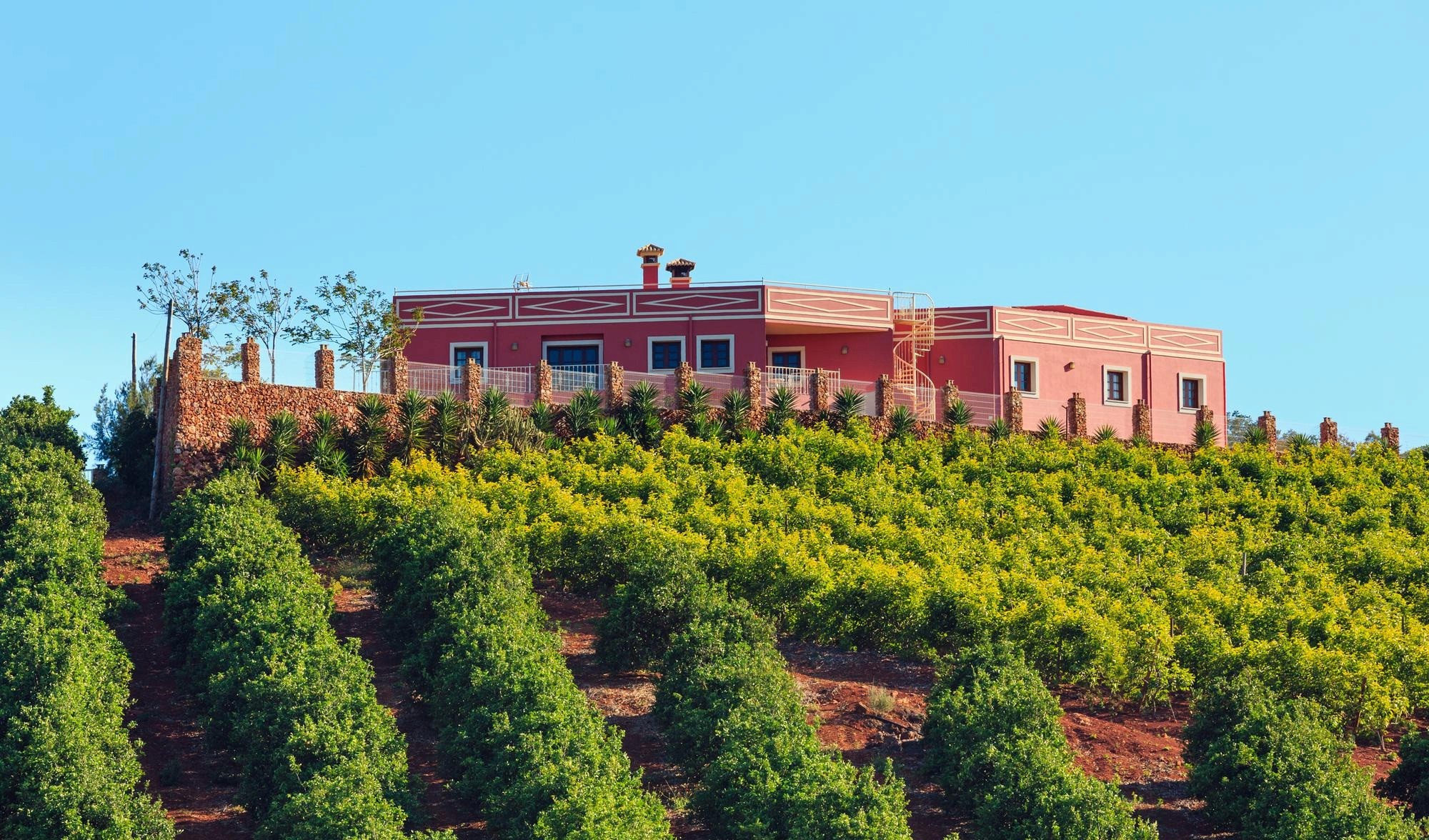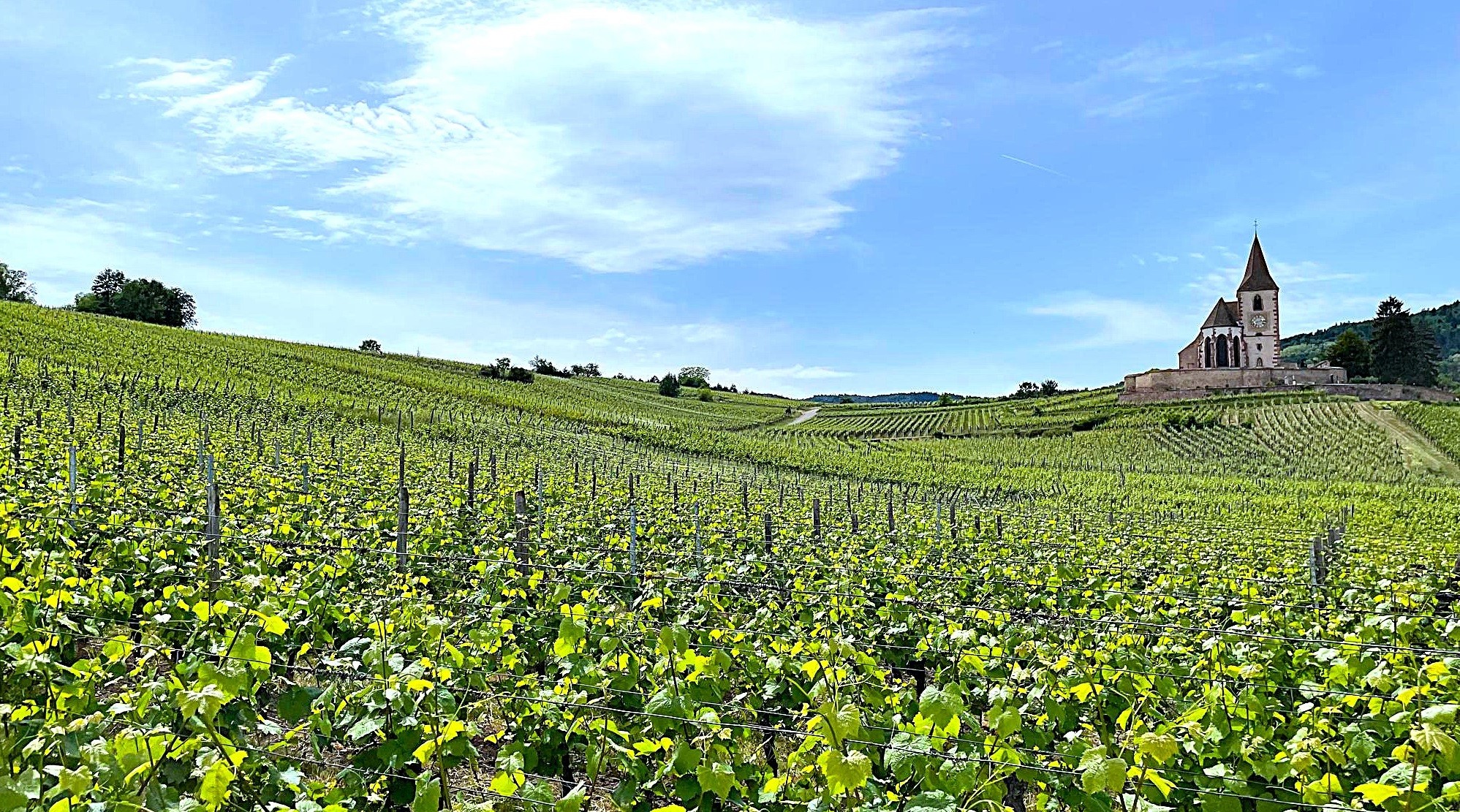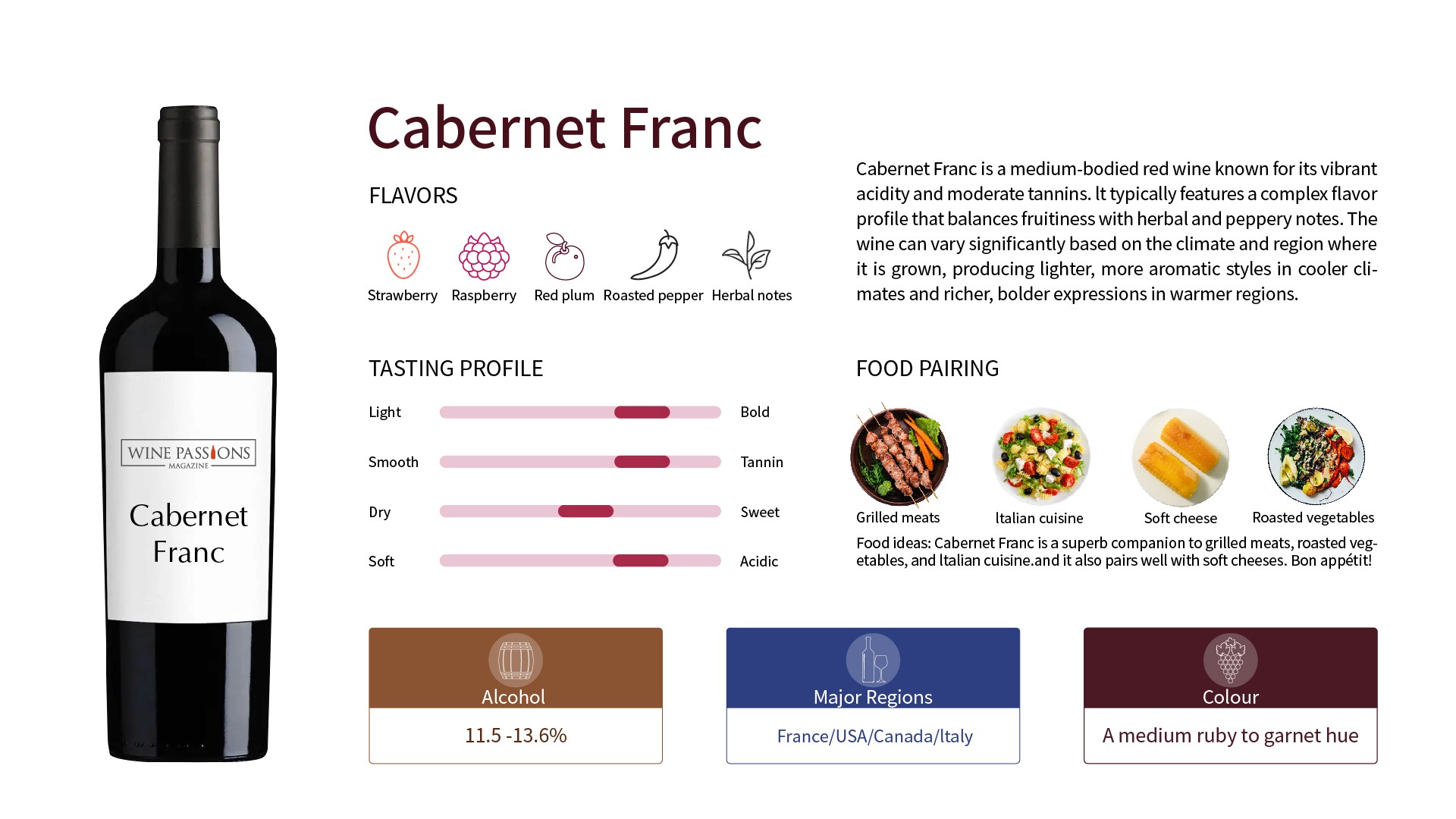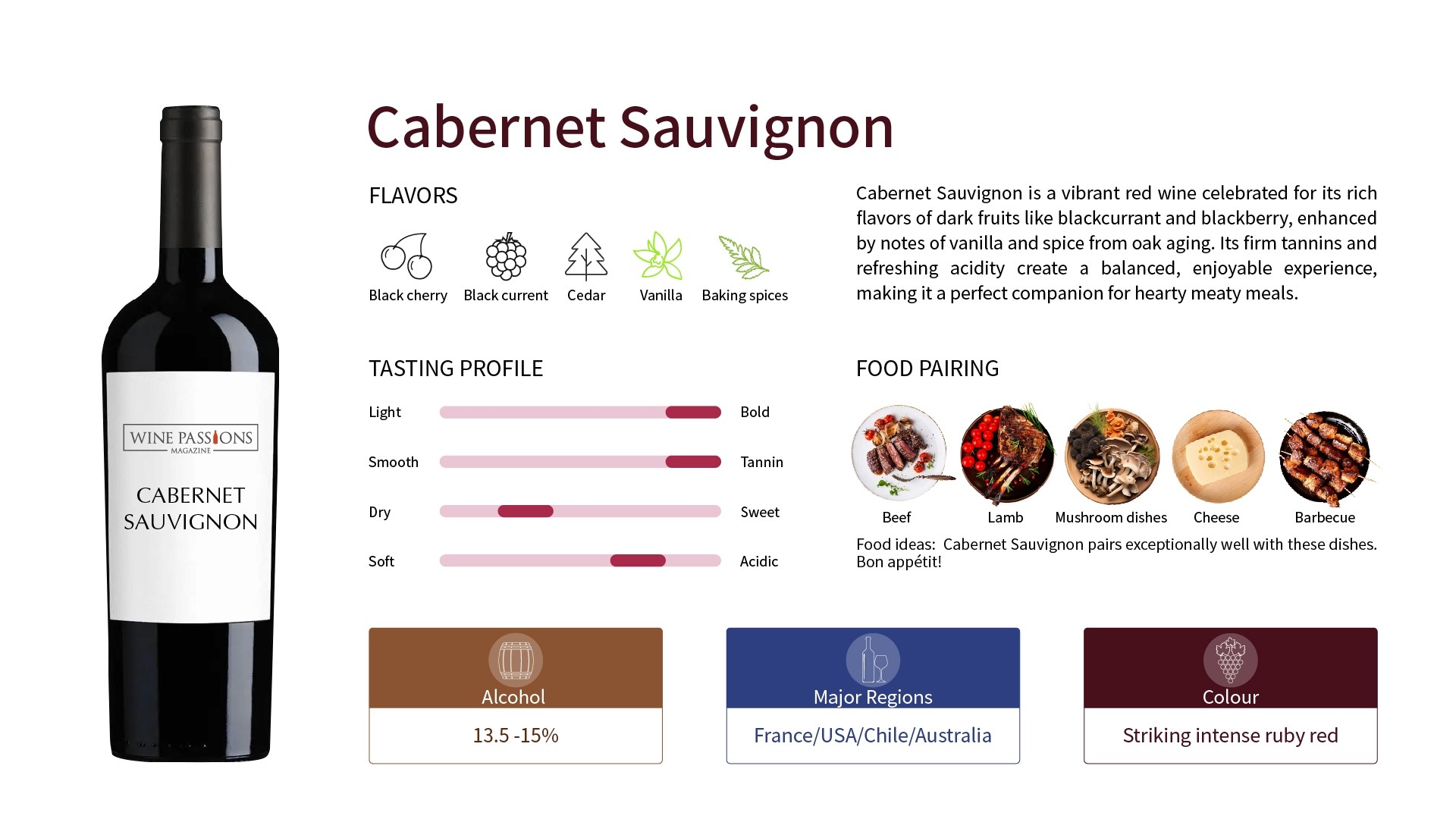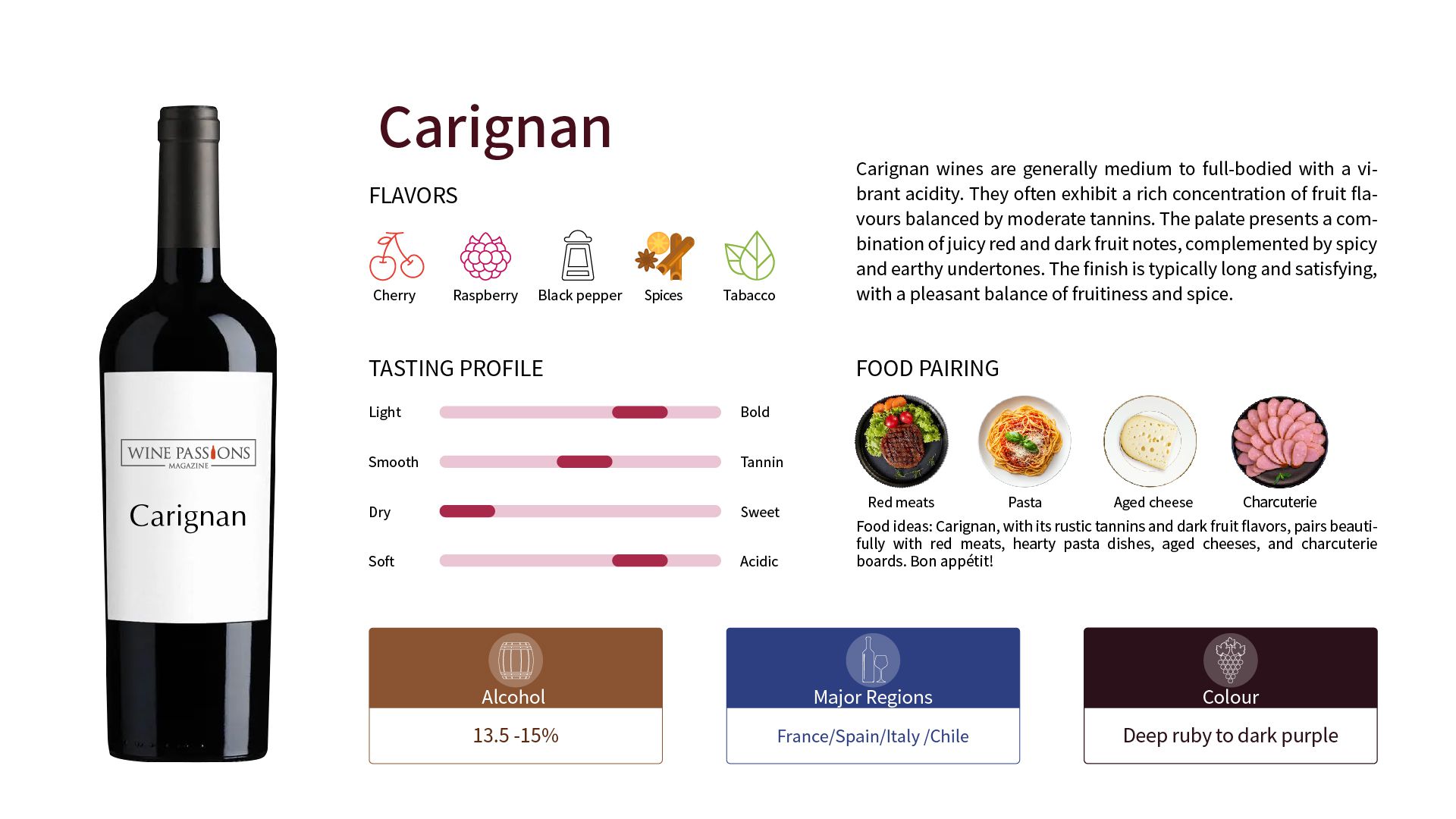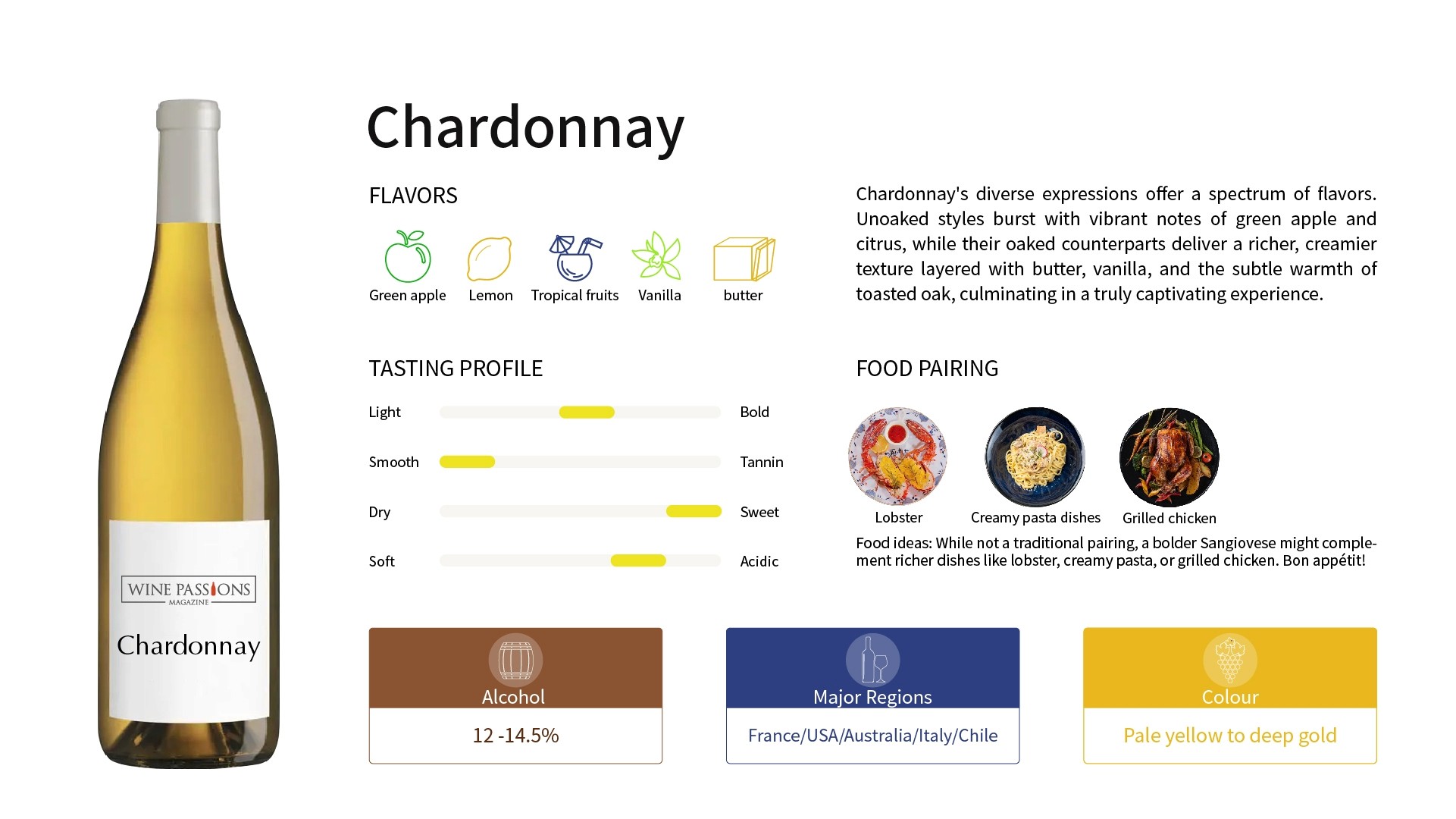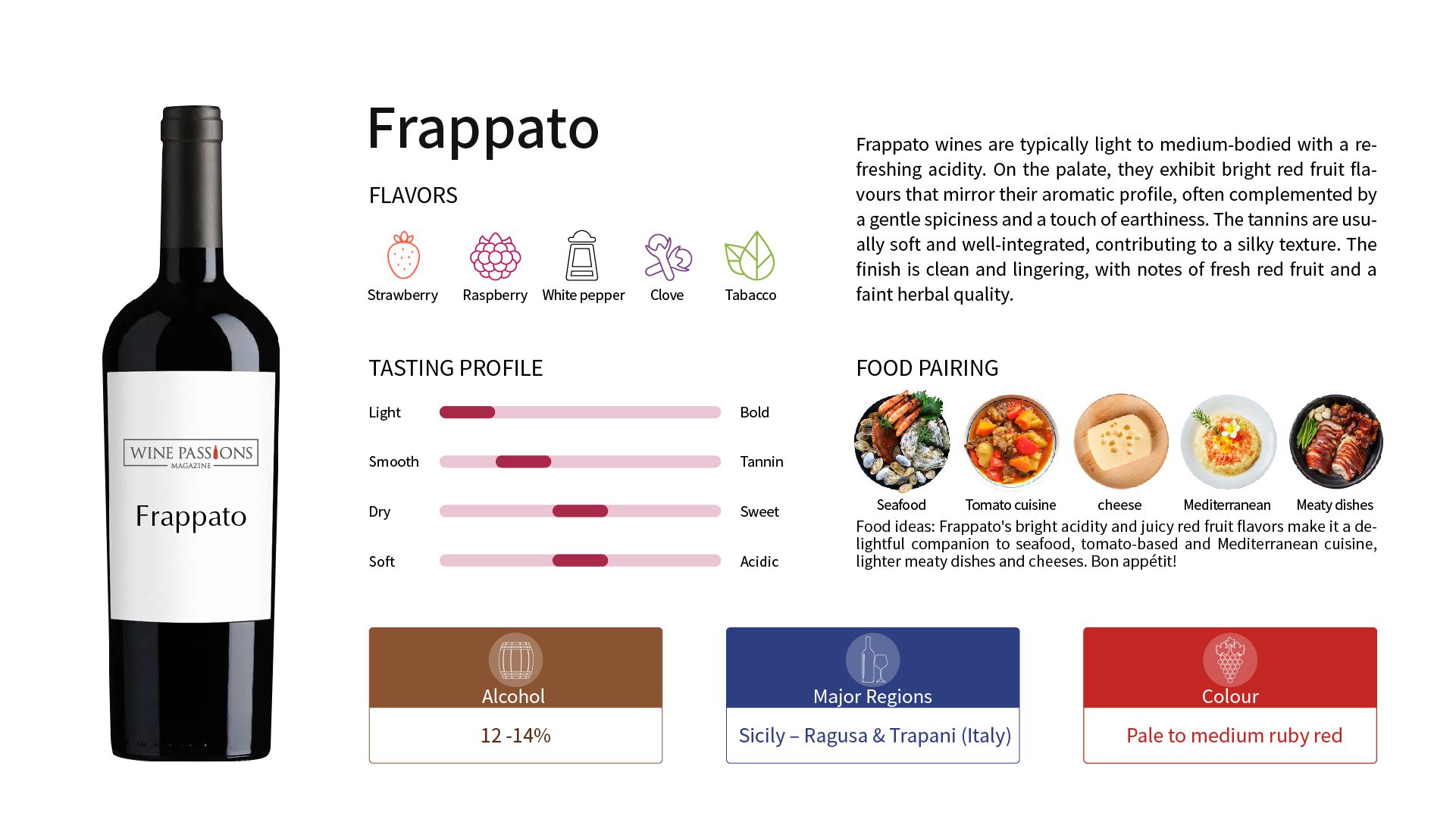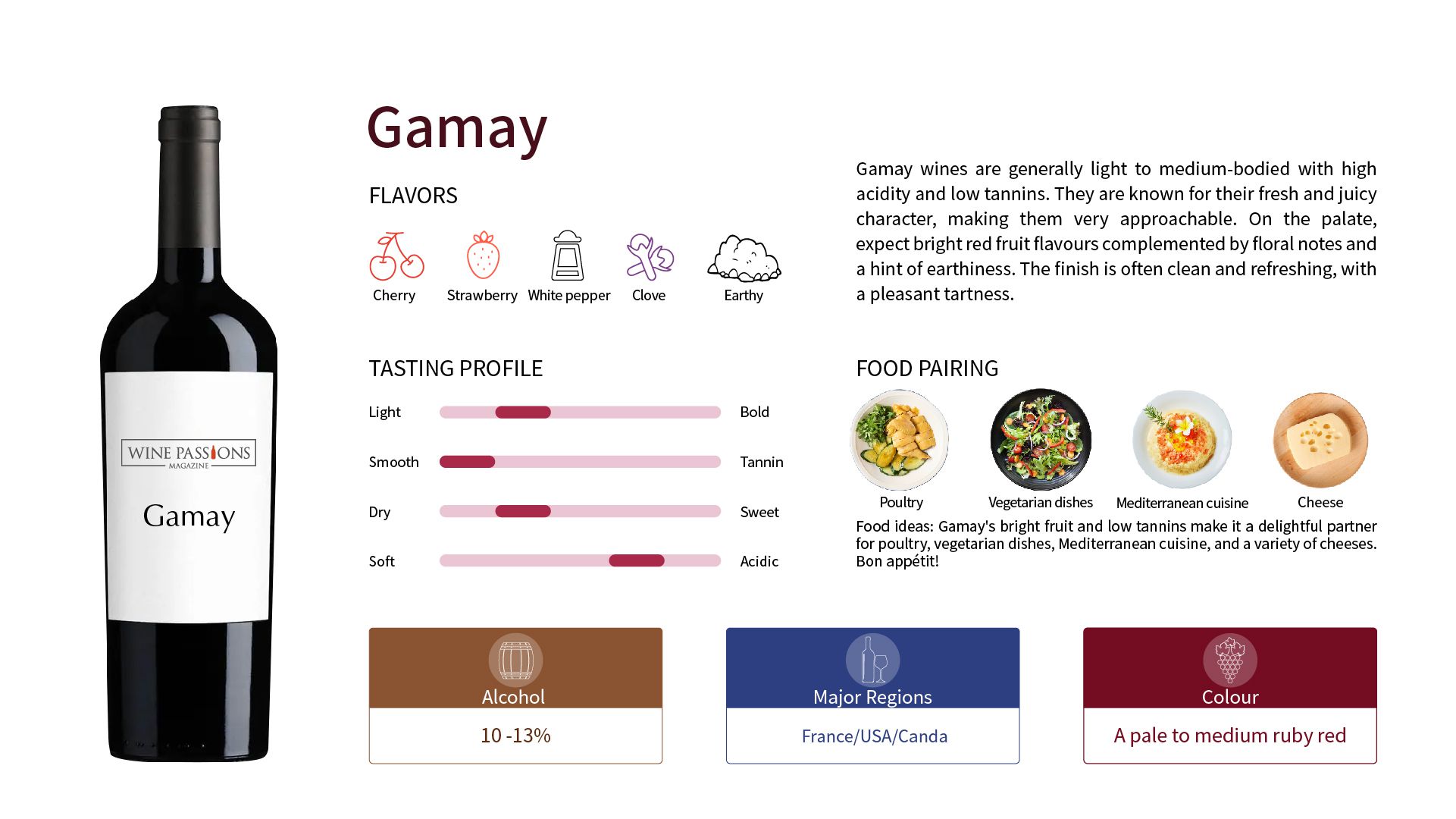Cabernet Franc
Background and Origin
The history of Chenin Blanc can be traced back to medieval France, where it was first cultivated in the Loire Valley. This grape is known locally as "Pineau de la Loire" and gradually became one of the most important white grape varieties in the region.
The cultivation history of Chenin Blanc dates back to the 9th century, and over time, it was introduced to other countries, including South Africa, where it has become one of the most important white grape varieties in the country. In South Africa, Chenin Blanc is used to produce a variety of wine styles, including rich sweet wines and crisp dry whites.
Reasons for the Popularity of Chenin Blanc
Diversity and Versatility
Chenin Blanc is widely loved for its adaptability. This grape is able to perform exceptionally well in different climatic conditions, including cool climates and warmer environments. Whether in the Loire Valley of France or South Africa, Chenin Blanc showcases unique flavor characteristics. Additionally, it can be made into a variety of styles, including dry, sweet, and sparkling wines, making it suitable for all types of consumer preferences.High Acidity and Aging Potential
Chenin Blanc typically has high acidity, which helps it maintain freshness and vibrancy during the winemaking process. This characteristic not only makes young wines lively but also provides a good foundation for aging. Many high-quality Chenin Blancs can develop more complex flavors over time, making them a popular choice among collectors.Strong Food Pairing Ability
Chenin Blanc is very well-suited for pairing with a wide variety of foods due to its versatile flavor profile. It can complement seafood, salads, Asian cuisine, and rich cheeses, with its fruitiness and acidity balancing the bold flavors of various dishes. Therefore, Chenin Blanc is often chosen as a pairing wine for dining experiences in restaurants or at home, enriching the overall meal experience.Culture and Historical Background
As a historic and culturally significant variety, the story of Chenin Blanc attracts many wine enthusiasts. From France to South Africa and beyond, Chenin Blanc carries the winemaking traditions and cultures of different regions. Understanding these background stories can provide consumers with a deeper experience when tasting Chenin Blanc, making them appreciate the historical significance contained in each bottle.
Flavor Characteristics of Chenin Blanc
Fruitiness: Rich fruit flavors, including apple, pear, peach, and lemon.
Spices: Featuring unique notes of honey, floral aromas (such as jasmine and violet), and mineral hints.
Sweetness: Dry Chenin Blanc usually presents a fresh and mineral quality, while sweet styles offer rich fruitiness and a sweet mouthfeel, with flavors like honey, caramel, and dried fruit.
Main Production Areas of Chenin Blanc
Loire Valley, France: This is one of the most important regions for Chenin Blanc, known for sub-regions such as Vouvray, Saumur, and Anjou.
South Africa: South Africa is the largest producer of Chenin Blanc in the world, known for its diversity and high quality.
The United States: California (such as Napa Valley and Paso Robles) and Oregon also have significant production of Chenin Blanc.
Famous Chenin Blanc Wines
Some famous Chenin Blanc wine brands include:
Domaine Huet Vouvray (Loire Valley, France), these wines typically exhibit rich fruit aromas, such as peach and pear, accompanied by complexity from honey and minerals. Huet's Vouvray wines are available in dry, off-dry, and sweet styles, suitable for various occasions.
Coulée de Serrant (Loire Valley, France), produced from a single vineyard operated by Nicolas Joly, creating 100% organically grown Chenin Blanc. This wine is known for its unique flavors and aging potential, often displaying complex aromas of toasted almonds, lizard stone, and beeswax, a treasure among wine enthusiasts.
Ken Forrester Wines (South Africa), renowned for its high-quality Chenin Blanc, particularly the “Old Vine Reserve” series. This wine showcases ripe tropical fruit flavors, paired with bright acidity and excellent balance, ideal for pairing with a variety of foods.
Handling and Tasting
Tasting Temperature: The best tasting temperature is 45–55°F (7–13°C), which fully releases its fruit aromas and flavors.
Tasting Glass: A standard white wine glass is recommended
Decanting Time: No decanting needed
Aging: High-quality Chenin Blanc can age for 5 to 10 years
Food Pairing
Chenin Blanc pairs excellently with the following foods:
Seafood (such as grilled fish, oysters)
Vegetable dishes (such as salads, stews)
Asian cuisine (such as Thai or Vietnamese dishes)
Soft cheeses (such as goat cheese)
